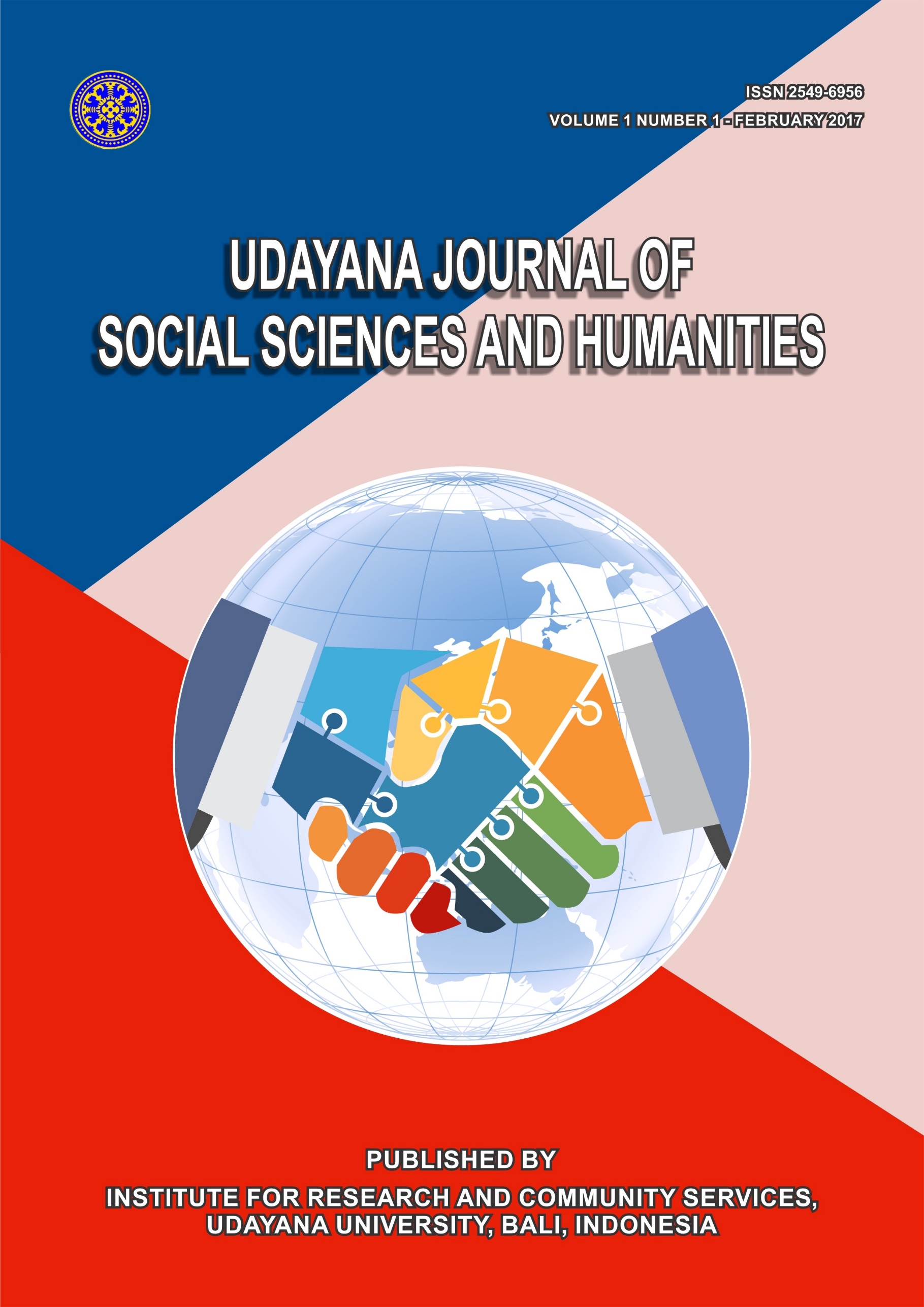The Construction of Socio-Cultural Stigmatization of Mental Disorders: A Study on the Forms and Factors of Stigma
Abstract
The construction of socio-cultural stigmatization on the understanding of mental disorders is particularly interesting to study in the people with mental disorders who received treatment at the Mental Hospital. Mental disorder is a disease caused by the chaos of thoughts, perceptions and behavior in which the individualaare not able to adjust to themselves, other people, society and the environment. By applying the cultural studies viewpoint that is siding with the oppressed, the study aims to determine the forms and factors causing the stigma of people with mental disorders. The research method used is observation, in-depth interviews and life history data collection. The collected data were then analyzed using qualitative descriptive and interpretative. The results showed that the forms of stigma with mental disorders are divided into two, namely the public stigma (stigma derived from the community) and self-stigma (stigma comes from the patient and his own family). The forms of the public stigma include rejection, exclusion, and violence. The self-stigma takes the forms, among others, prejudice, guilt, fear and anger. Factors behind the stigma of mental disorders are external and internal factors. External factors include, among others, the madness is a disgrace, the myth of mental illness, and people's belief regarding the role of dukun. While the internal factors are family knowledge of the etiology of mental disorders, lack of family support and feelings of shame.






